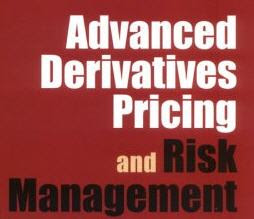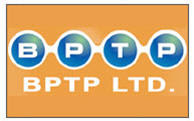
Let's begin with the basics for the Advanced Exotic Derivatives Trading Strategies & Valuation:
Introduction to Advanced Exotic Derivatives Trading Strategies & Valuation
-Using Derivatives Versus Trading the Underlying Asset/Commodity/Security: The main difference when you value or trade any particular security v/s its derivative
-Arbitrage Pricing of Derivatives: The Arbitrage theory or the free money or free lunch trading strategy of derivatives
-Derivative Pricing Models and usage of these models for Pricing, Trading Strategies & Valuation:
Futures and Forward Contracts and their Trading Strategies & Valuation:
-Pricing/Valuation of Futures/Forwards and other derivatives
-Futures/Forwards Valuation mechanism & Trading Strategies
Equity Options Trading Strategies & Valuation:
-Pricing/Valuation of Options (Plain Vanilla and Exotics)
-The Greeks and Option Price Sensitivity
-Option Trading Strategies
Swaps Trading Strategies & Valuation:
-Interest Rate Swaps
-Pricing/Valuation and Trading Strategies for Other Types of Swaps
Credit Default Swaps (CDS) Trading Strategies & Valuation:
-Pricing/Valuation of CDS
-Trading/Risk Management Applications of CDS



















